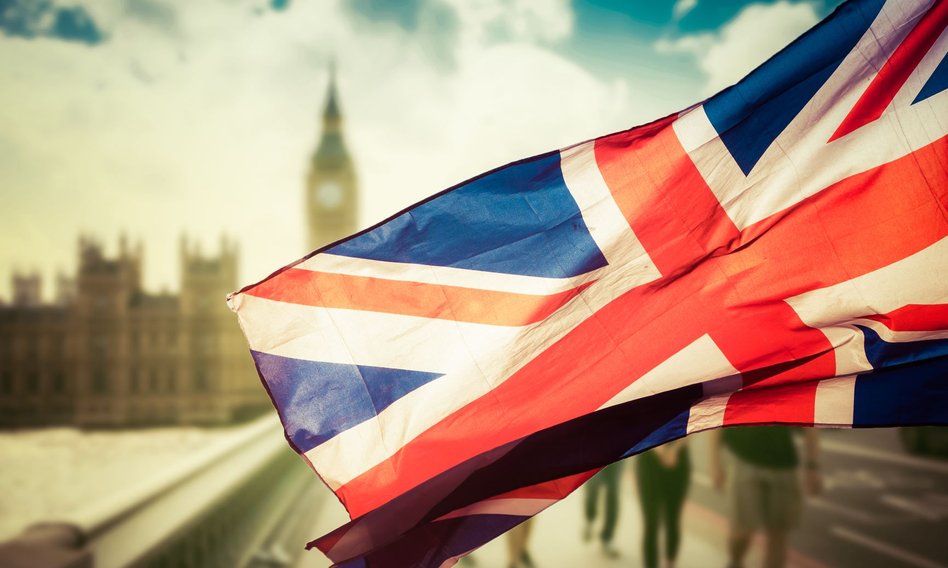2021-06-23 00:05
publishing
2021-06-23 00:05

The United Kingdom began formal negotiations on Tuesday to join the Comprehensive and Advanced Agreement for the Trans-Pacific Partnership (CPTPP), a key element in shifting its trade priorities after Brexit.
As the government in London argues, CPTPP membership would make it easier for British companies to access the world’s largest current and future economies, but critics point out that the gains from joining this free trade area will not offset the economic losses from leaving. European Union.
The CPTPP consists of 11 countries of the Pacific region: Australia, Brunei, Chile, Japan, Canada, Malaysia, Mexico, New Zealand, Peru, Singapore and Vietnam, and is inhabited by about 500 million people. Its total GDP is $12.5 trillion, or 13 percent. world economy. If the UK joins them, that percentage will rise to 16%.
“We left the European Union with a promise to deepen our relationships with old allies and fast-growing consumer markets outside Europe, and joining the high-level Trans-Pacific Partnership is an important part of this vision. Membership will help our farmers, content creators and innovators sell products to some of the largest current and international markets.” , but without giving up control of our rights, boundaries, or money. It’s a great post-Brexit bonus that I want us to take advantage of,” said UK International Trade Secretary Liz Truss.
The British government said that thanks to joining the CPTPP, exports to these countries will increase by 65% by 2030. – By 37 billion pounds, and these benefits may increase over time, as the Philippines, South Korea, Thailand and Taiwan are interested in joining the agreement.
But since the UK already has trade agreements with eight of the 11 CPTPP members, its membership in the FTA will not translate into significant economic benefits. According to the calculations of the Department for International Trade itself, as a result of membership, Britain’s gross domestic product will increase by 1.8 billion pounds over 15 years, or by only 0.08 percent. While it is noted that if South Korea and Thailand also join the CPTPP, this increase will be £ 5.5 billion, besides, there is a consistent model that does not take into account the potential growth of other variables, but this is still less than the estimated benefits lost from the reason for leaving the EU . According to estimates, Britain’s GDP will be 4 per cent in 15 years. Less than it would have been if the UK had stayed in the EU.
From London Bartłomiej Niedziński (PAP)
bjn / sp /

“Music specialist. Pop culture trailblazer. Problem solver. Internet advocate.”




